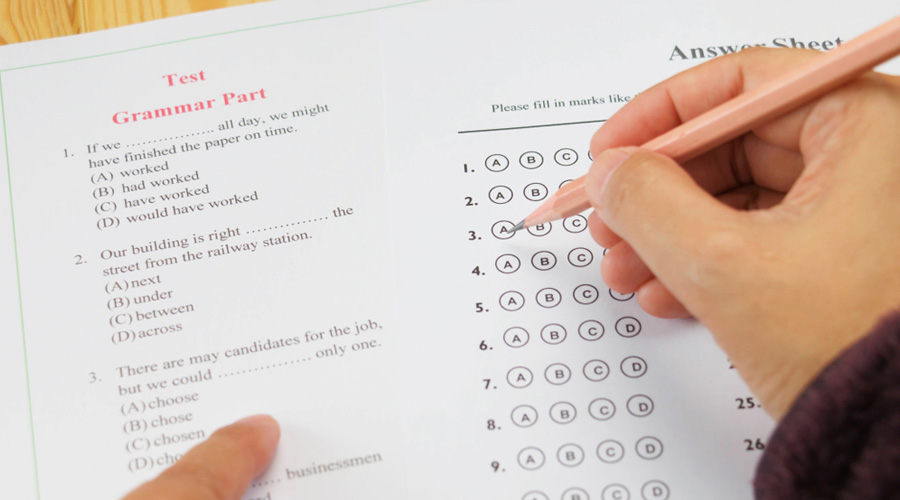Prime Minister Narendra Modi may need to give his own government a dose of Pariksha Pe Charcha — his periodic lessons on how to beat the stress and fear of exams.
India appears likely to reverse its decision to participate in the 2025 edition of the Programme for International Student Assessment (PISA), a globally acclaimed competency test for 15-year-old children in mathematics, reading and science, held once in three years.
The education ministry had in 2019 decided to participate in the 2021 PISA, which was deferred to 2022. However, because of the Covid-induced school closures that led to a learning gap, the government decided in September 2021 to postpone India’s participation in the PISA to 2025.
However, with the learning gap continuing to remain a challenge, as suggested by internal estimates, the government appears reluctant to take part in the test.
“The decision of India joining next cycle of PISA has not been taken yet,” the education ministry said in reply to an RTI application moved by The Telegraph.
The ministry believes that the National Achievement Survey (NAS) — a sample survey conducted every three years by the NCERT — provides a good enough overall picture of schoolchildren’s performance, a ministry official said.
“If India has to participate in PISA 2025, the preparations should have already started. But there is no such consideration,” an NCERT official said.
India has participated in the PISA only in 2009, picking select students from Tamil Nadu and Himachal Pradesh to represent the country. India ended up 73rd among 74 countries, finishing only above Kyrgyzstan.
Teachers are divided whether India should participate in the PISA.
A school principal disapproved of the government’s approach, saying that it was only through participation in assessments like the PISA that Indian students and schools would improve.
However, a Delhi University teacher said that Indian schoolchildren, especially those from government schools, faced a disadvantage in the PISA because they were less conversant with the concepts employed in the test compared with their peers from developed nations. The PISA, therefore, did not provide a correct assessment of their learning levels, the teacher said.
Instead, the teachersaid, India should improve the NAS, orienting it “towards testing conceptual understanding”.
More than 80 countries, including 40-odd middle-income countries, have participated in the PISA since it was first held in 2000. The registered countries include Brazil, China, and Southeast Asian nations such as Thailand, Indonesia, Malaysia and Vietnam.










